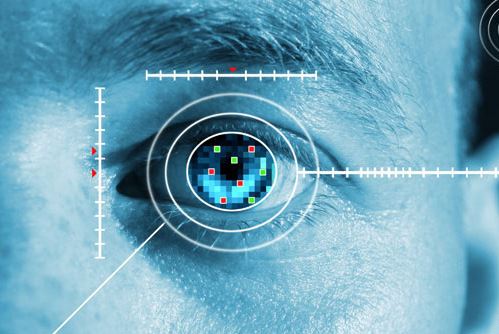
A study carried out by Unisys found UK consumers were in favour of businesses using biometrics over the use of passwords or PINs across online or mobile applications.
The research found that over three-quarters of UK respondents support fingerprint scanning, and a total of 65% said they would trust companies more if they use biometrics for authentication over passwords as they believe it is much more secure.
In addition, 55% of respondents said they liked the idea of not having to remember passwords as a result of using biometrics.

However, the report found consumers do hold some concern regarding the sharing of biometric data across third parties with a staggering 80% of respondents stating security is more of an importance than access speed.
Salvatore Sinno, Global Chief Security Architect, Unisys, commented: “We are seeing the need for more than just the traditional password and PIN as the sole method of authentication. Mobile device usage has bought biometrics to the mainstream as more people access their phones via a fingerprint reader. With the arrival of the iPhone X, facial recognition will most likely become just as commonplace.
Though respondents were enthusiastic about using biometrics for accessibility and security purposing, Unisys’ survey also looked into consumers’ thoughts around introducing heartbeat recognition and vascular scanning. However, these options received somewhat of a minute approval, with only 8% and 7% respectively finding them appealing.
A surprising finding from the survey was that speed and convenience were ranked lower as drivers for data sharing, as only 36% of respondents register logging in faster as a benefit and 29% admitted convenience.
– Samsung takes on biometrics against fraud
– Visa builds new platform for biometrics
– UK plans to go ahead with facial recognition
With fingerprint readers around consumers every day across phone and tablets and now the introduction of facial recognition with Apple’s latest device it is unsurprising how positive consumers are, as it brings much more ease to their accessibility and security.
Sinno said: “It’s good to see the public across Europe putting trust in this technology. In today’s environment, it makes sense for organisations to have a multi-layered approach to security, to address new legislation such as the General Data Protection Regulations (GDPR), and reassure the public and build trust between consumers and service providers.”






